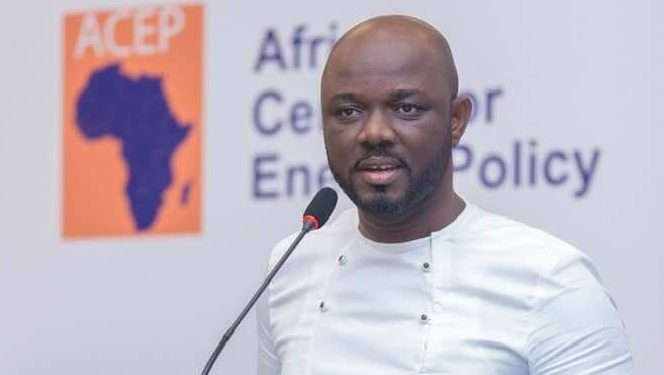The World Bank has approved a $250 million credit line from the International Development Association (IDA) and a $10 million grant from the Energy Sector Management Assistance Program, initiating a four-year initiative to revitalize Ghana’s energy sector.
Dubbed the Ghana Energy Sector Recovery Program for Results (PforR), this ambitious project aims to enhance the financial stability of electricity distribution and broaden access to clean cooking solutions across the country.
Ghana’s electricity distribution system is currently plagued by inefficiencies, including significant distribution losses stemming from a low collection rate and tariffs that do not cover costs.
These issues have severely compromised the operational and financial health of the nation’s energy utilities. To mitigate this, the Ghanaian government allocates approximately 2% of its GDP annually to offset the energy sector’s financial deficits.
Robert Taliercio, the World Bank Country Director for Ghana, Liberia, and Sierra Leone, underscored the importance of this initiative.
“Through this important results-based financing, the World Bank is committed to supporting the recovery of Ghana’s energy sector and its financial sustainability.
“The operation aims to strengthen revenue collection and improve the quality of energy supply through investments in prepaid metering and in the commercial and meter management systems of distribution utilities.”
Robert Taliercio
The PforR initiative aligns with the regulatory and policy reforms in Ghana’s energy sector, which are supported by the World Bank’s Development Policy Finance series, including the IDA-supported First Resilient Recovery Development Policy Financing operation approved in January 2024.
It also complements the ongoing IMF Extended Credit Facility Programme for Ghana.
The PforR’s primary focus is on enhancing institutional capacity and accountability, providing direct financial support to energy sector utilities for implementing crucial capital expenditure programs.
Dhruva Sahai, the Program Leader for Infrastructure, also highlighted the expected outcomes.
“The PforR aims to reduce the cost of electricity service provision by improving the economic dispatch of generation and by strengthening the commercial and operational performance of distribution utilities.”
Dhruva Sahai
Additionally, the program includes a Clean Cooking Component designed to expand access to Liquified Petroleum Gas (LPG) for domestic and commercial use among Ghanaian households, schools, and businesses.
This component will offer direct incentives to subsidize the cost of stoves and accessories – excluding cylinders – for first-time domestic users, commercial caterers, and secondary schools.
These efforts aim to enhance women’s access to clean cooking solutions, alleviate time poverty, reduce health risks from smoke exposure associated with charcoal stoves, and boost women’s income-generating opportunities and employability.
IDA’s Impact On Africa And Around The Globe
Since its establishment in 1960, the International Development Association (IDA) has been a cornerstone in assisting the world’s poorest nations.
Providing grants and low to zero-interest credits for projects that stimulate economic growth, reduce poverty, and improve living conditions, IDA has become one of the largest aid sources for the world’s 74 poorest countries, 39 of which are in Africa.
To date, IDA has committed $458 billion to 114 countries, with annual commitments averaging around $29 billion over the last three years, and about 70% of these funds are directed toward Africa.
Earlier, Benjamin Boakye, the Executive Director of the Africa Center for Energy Policy (ACEP), raised alarms about the future security of Ghana’s power sector.

Speaking at the West Africa Mining and Power Expo in Accra, Boakye underscored the risks arising from the politicization of the sector, cautioning that this could jeopardize the reliable supply of affordable power over the next five years.
Boakye’s comments come at a critical juncture for Ghana’s power sector, which has been grappling with challenges such as inconsistent electricity supply and financial instability.
READ ALSO: PNC Dismisses Claims of Former Executives Defections to Movement for Change




















